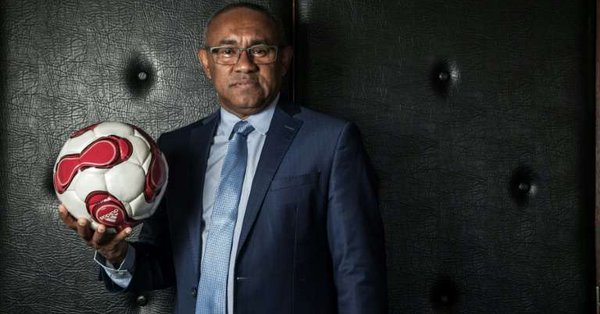Why did Ahmad Ahmad choose to drop the leading football manufacturers for the benefit of a supplier with no experience in a deal which was far more expensive and worth almost 4 million dollars?
By Philippe Auclair and Pål Ødegård
Last week , Josimar started publishing the results of its on-going investigation into Caf and its president Ahmad Ahmad. This is the second instalment of the series.
There are more picturesque seaside towns that La Seyne-sur-Mer on the French Mediterranean coast; which, some would say, actually contributes to its charm. Like its more powerful neighbour Toulon, La Seyne's heritage is its industrial past, not tourism, even if its large marina and the sandy beach of Les Sablettes do attract summer visitors as well as locals. But La Seyne-sur-Mer was better known for its shipyards, the most significant of which, NOMED, closed down for good in 1987.
This doesn't mean that industry left the city altogether. Steelworks and metal-processing factories still operate there, one of which was about to become far better-known in the world of football that its very modest size warranted: Tactical Steel, a company which was registered with the French authorities on 28 June 2016, and achieved remarkable results within 18 months of its creation, in no small part thanks to a providential partnership with Ahmad Ahmad's Caf.
Nobody could have seen this coming from the outside. As a quick visit to Tactital Steel's website will show, Tactical Steel does not deal in football equipment. It deals in gym equipment, metal racks and rigs for weightlifters, wallmounts and accessories – not football.



